While the workforce behind Írdalá.hu and Gerilla.hu take a short break after their months-long campaign, they’ve already begun preparing for the future and examining what has been done so far.
László Pesty, Campaign Manager, told Magyar Nemzet: it has occurred to him that if the initiative were to fail it would be best to resign—but he will stay on given the encouragement from the political sphere and financial support.
As we wrote, though tens of thousands of signatures support the Szekler petition and two new countries managed to reach the threshold (Croatia and Lithuania) the petition is still not yet valid. The reason being is that a sufficient number of signatures from two more countries—aside from Croatia, Lithuania, Hungary, Romania, and Slovakia – are still needed to validate the initiative.
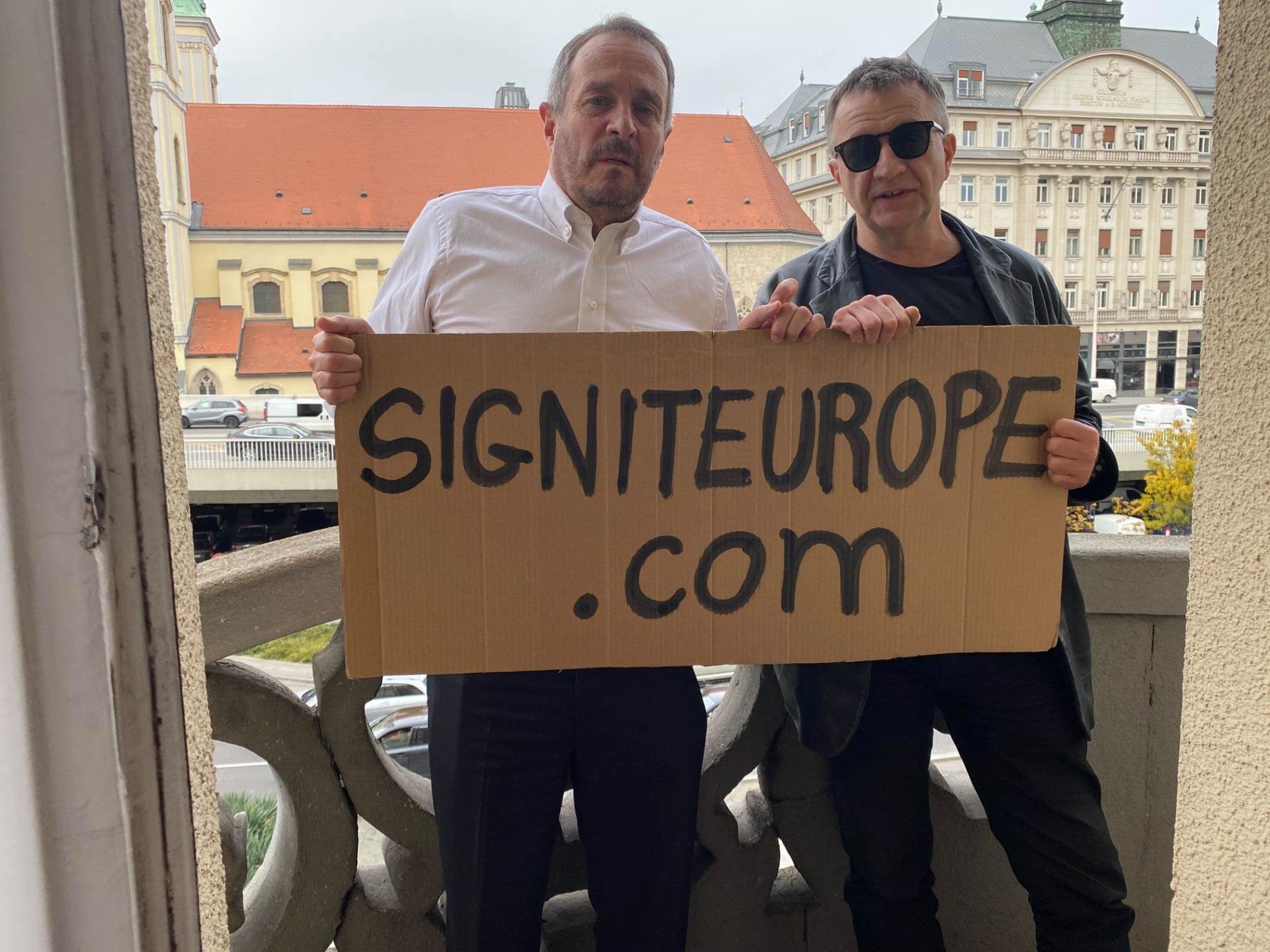
Fotó: Facebook/Írdalá.hu
László Pesty explained that during the second round of the campaign’s closing period which ended on November 7, the campaign focused on a handful of countries: Croatia, Slovenia, Spain, Lithuania, Belgium, Sweden, Latvia, Estonia, Ireland, Austria, Italy and Poland. „Italy and Poland were the first countries to drop out from among our targets because, despite collaboration with large-scale social movements, labor unions and the former boxer Dariusz Michalczewski, these connections didn’t achieve the mobilization we were hoping for” described the campaign manager. He added that they intended to collaborate with a painter in Ireland with over 300,000 followers on social media, but in the end, it didn’t work out.
They expected to be able to arouse sympathy among the Irish given the situation in Northern Ireland, but it didn’t bring the desired results.
According to him, they worked closely with Austria’s local Hungarian communities and organizations, but they weren’t able to sufficiently mobilize this country either. “In the next round of cuts, Estonia and Latvia fell out. The intimidated Russian minority in Estonia didn’t dare to work together with us; in Latvia however, the failure is somewhat inexplicable. One thing’s for sure: when YouTube blocked our video campaign in the Baltics our fate was sealed. Regardless of our quick switch to the Russian VK platform within only three hours, it wasn’t enough” stated László Pesty.
In the final period our campaigning team focused on Croatia, Lithuania, Slovenia, Spain, Belgium, and Sweden—finding success with the first two countries.
„In Sweden the local Hungarian diaspora and the Sami minority helped out the campaign, and both contributed a lot to the cause. We began working together with Swedish swimmer Sarah Sjöström – one-time Olympic, seven-time World, and ten-time European swimming champion – but in the end, we weren’t able to bring our collaboration to fruition” emphasized Pesty. He also elaborated on the Spanish situation: they cooperated with Basque and Catalan labor unions as well as with Carles Puigdemont’s party, the European Democratic Party of Catalonia, yet it was a big drawback that they couldn’t personally campaign with the hugely popular Catalan politician. The campaign manager believes this would’ve been quite successful.

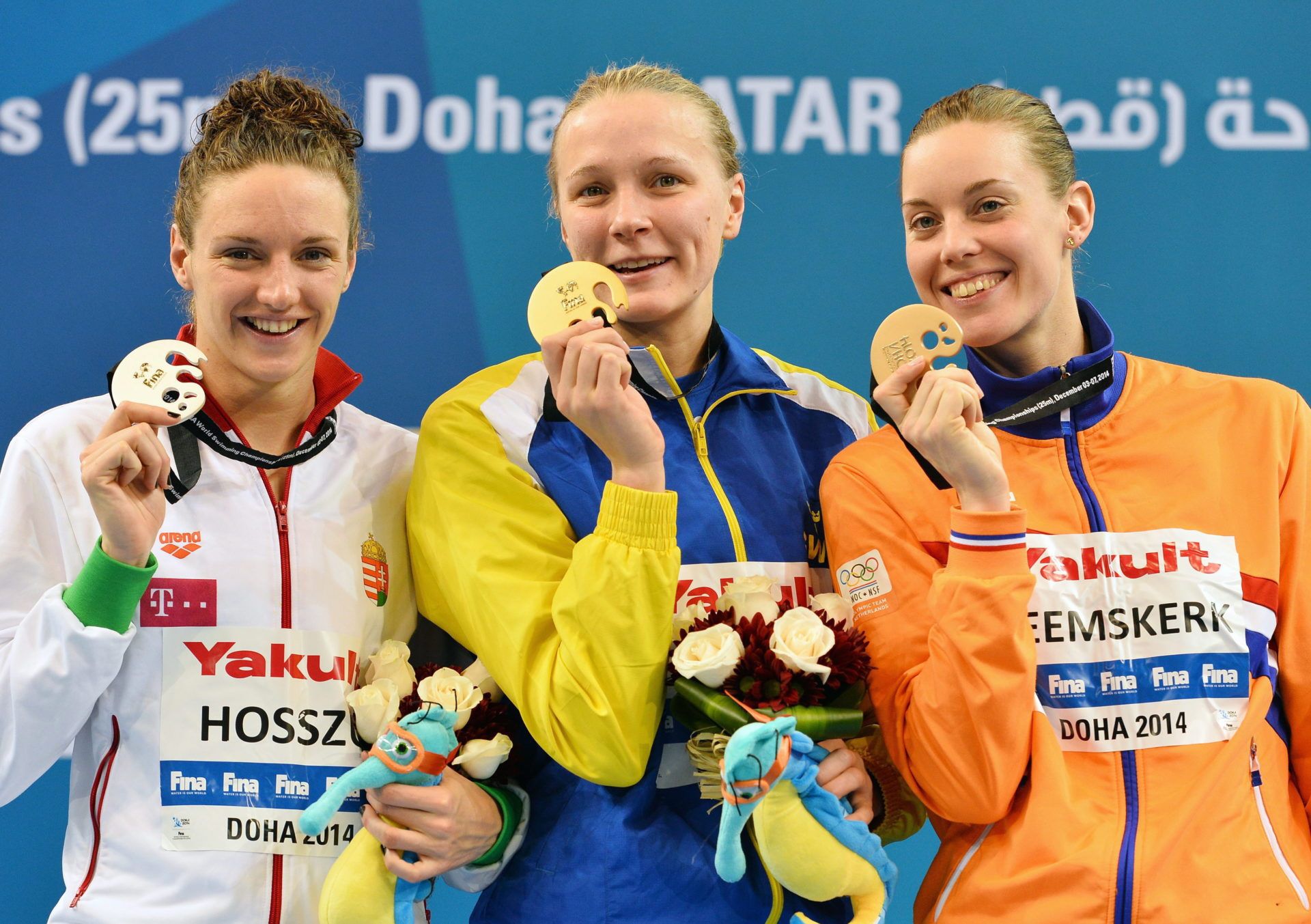
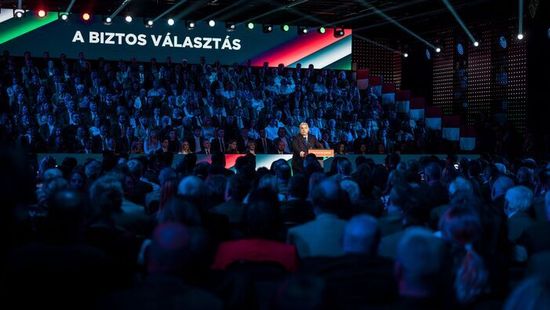
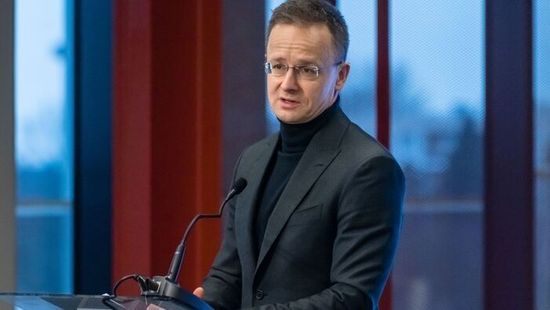
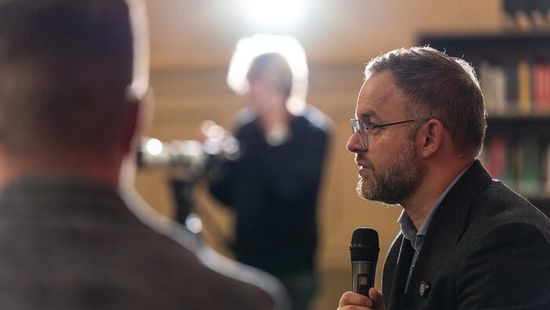
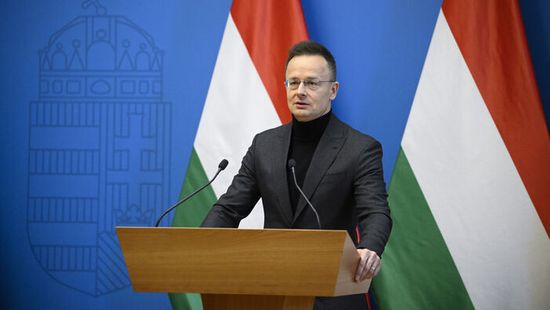

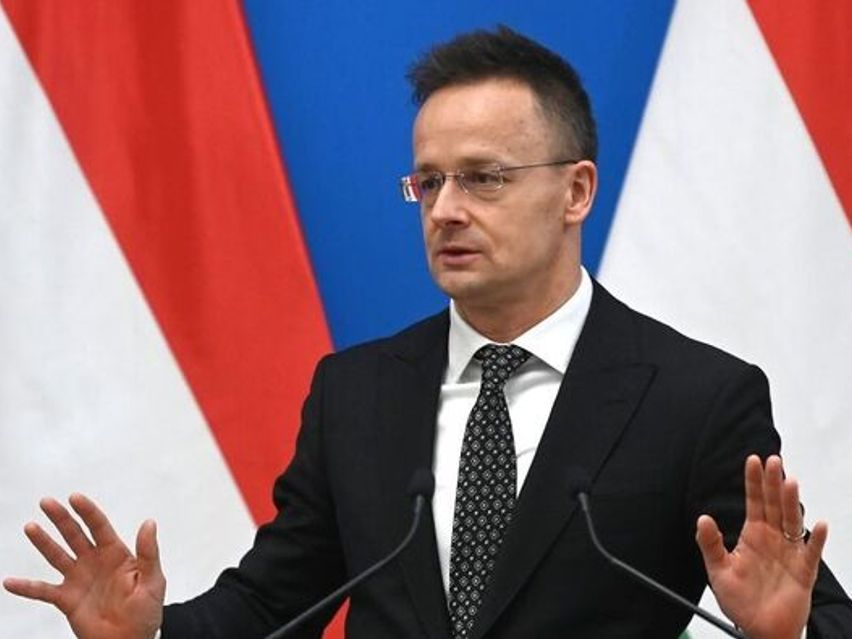
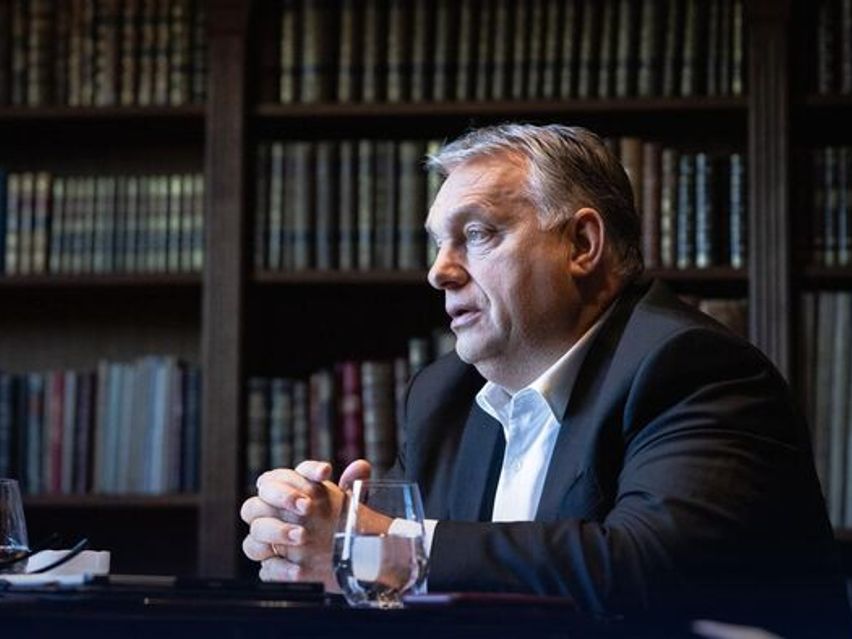





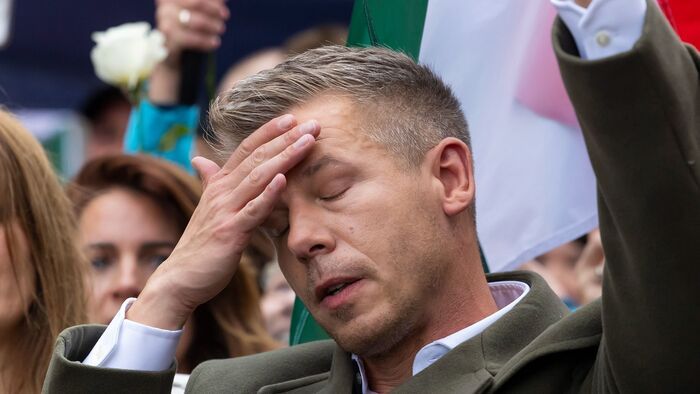



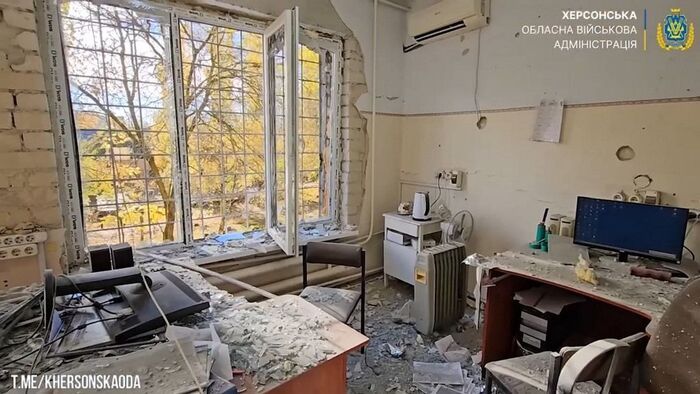





Szóljon hozzá!
Jelenleg csak a hozzászólások egy kis részét látja. Hozzászóláshoz és a további kommentek megtekintéséhez lépjen be, vagy regisztráljon!